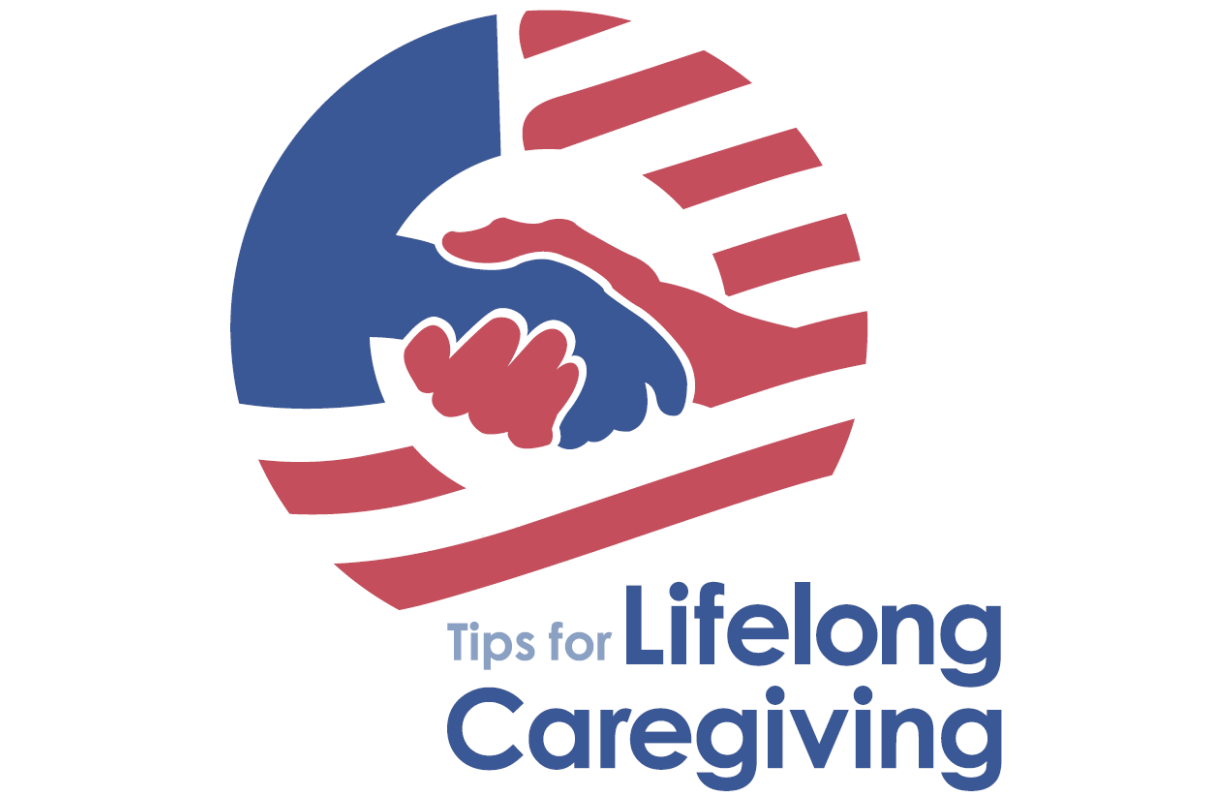While the VA moves ahead on its own to extend care to aging and disabled veterans, lawmakers are advancing provisions to expand, accelerate, and supplement the department’s ability to meet the rapidly growing needs of veterans, their families, and caregivers.
A September 2021 VA report to Congress on long-term care projections indicated veterans over age 85 were the fastest growing veteran population in VA’s health care system. Over the next 20 years, the number of veterans in that age group eligible for nursing home care will increase from 61,000 to 387,000, nearly a 535% jump. (Veterans must be rated with a 70% or greater service-connected disability to be eligible for VA nursing home care.)
[TAKE ACTION: Ask Your Lawmakers to Support Long-Term and Extended Care Services for Veterans]
The VA acknowledged in the report the value of rebalancing long-term services and support and shifting resources from nursing home care to home and community-based services (HCBS).
Approximately 5% of veterans in private nursing home care paid for by the VA would qualify for assisted living care if the department had the authority to pay for the services, per the report. Paying for assisted living instead of nursing home care would save the VA more than $69,000 per veteran per year. Authorizing such a shift of resources would not only decrease reliance on nursing home care, but also free up resources to provide veterans in need of skilled nursing care in an institutional setting.
Like many Americans, veterans prefer to remain at home as they grow older. Familiar, comfortable, less-invasive surroundings are preferable over institutional or nursing home care. The VA recognizes aging and disabled veterans need a health care system that values who they are, meets their unique needs, and provides the necessary care and quality services in a variety of settings. The department has set in motion plans and initiatives to become an age-friendly system to improve geriatric or extended care programs over the next few years.
[RELATED: How the VA Plans to Keep Up With an Aging Veteran Population]
A MOAA Legislative Priority
One of MOAA’s top VA health care priorities this year is prioritizing and accelerating access to caregiving support, as well as long-term and extended care programs and services. As such, MOAA supports three key bills targeting expansion and improvement of VA programs supporting eligible veterans and caregivers in need of long-term care and HCBS. The bills vary in scope but collectively provide a wide range of programs and services for veterans as well as the requisite authority and resources for the VA to meet those needs.
Here's a look at each piece of legislation:
Elizabeth Dole Home and Community Based Services for Veterans and Caregivers Act
Also known as the Elizabeth Dole Home Care Act (H.R. 6823/S. 3854), the bill will improve home- and community-based services for veterans and their caregivers. Specific provisions would:
- Improve the transition of caregivers who are ineligible for or those who were discharged from the Program of Comprehensive Assistance for Family Caregivers and establish automatic enrollment in the Program of General Caregiver Support Services.
- Require the development of a standardized assessment tool to help assess the needs of the family and recommend specific home and community-based services.
- Create a digital hub for caregiver resources.
- Expand VA home-based community services and leverage caregiver-inclusive language.
- Commission a VA report with recommendations on how the department might expand mental health services and support for caregivers.
- Enhance VA coordination with nonprofits and veteran service organizations to address gaps in resources and work collaboratively to support the military caregiving community.
Expanding Veterans’ Options for Long-Term Care Act
The Expanding Veterans’ Options for Long-Term Care Act (S. 4169) would require the VA to carry out a pilot program to provide assisted living services to eligible veterans. This would allow veterans to live more independently and save taxpayer dollars.
Under current regulations, the VA is unable to pay room and board fees at assisted living facilities — a barrier for veterans who want to use this long-term care option in VA’s health care system. Specifically, the bill would require the VA to:
- Create a three-year pilot program to assess the effectiveness of paying for assisted living services for eligible veterans. The VA must also assess veterans’ satisfaction in the pilot program. The secretary can extend the pilot an additional three years.
- Choose six Veterans Integrated Services Networks (VISNs, or regional geographic areas within VA’s health care system) to carry out the pilot — two must be located in rural or highly rural areas, and two in State Veterans Homes.
- Submit annual congressional reports on the pilot program. The VA Inspector General also would provide a report to Congress on the quality of care to veterans and oversight of the program at medical facilities.
Long-Term Care Veterans Choice Act
The Long-Term Care Veterans Choice Act (H.R. 7158/S. 2852) would allow the VA to enter into contracts and agreements to pay for private medical foster home care for veterans who are unable to live independently.
Under current law, the VA inspects and approves medical foster home care and provides case management and home-based health care for veterans. Veterans are responsible for paying their room and board in these facilities. The bill allows veterans an alternative option to nursing home care. The program is administered in a private home setting in which a trained caregiver provides daily assistance to a small group of veterans. Specifically, the bill would:
- Require the VA to pay for up to 900 veterans with severe service-connected disabilities to live in medical foster homes for a period of five years – 300 would be current residents of medical foster homes, and the other 600 would become new residents of the VA-funded medical foster home program.
- Require the VA to monitor and evaluate the program, and to report any potential modifications to Congress.
- Require a Government Accountability Office report to Congress on the implementation and management of the program.
MOAA Needs Your Help Today!
Time is running out this year to advance this important legislation. We urge you to reach out to your lawmakers today and ask them to support the Elizabeth Dole Home Care Act; the Expanding Veterans’ Options for Long-Term Care Act; and the Long-Term Care Veterans Choice Act.
For more information on VA home and community-based services, click here.
 Tips for Lifelong Caregiving
Tips for Lifelong Caregiving
MOAA has partnered with the Elizabeth Dole Foundation to provide an online resource outlining legal and financial support available to multiple generations of caregivers.

